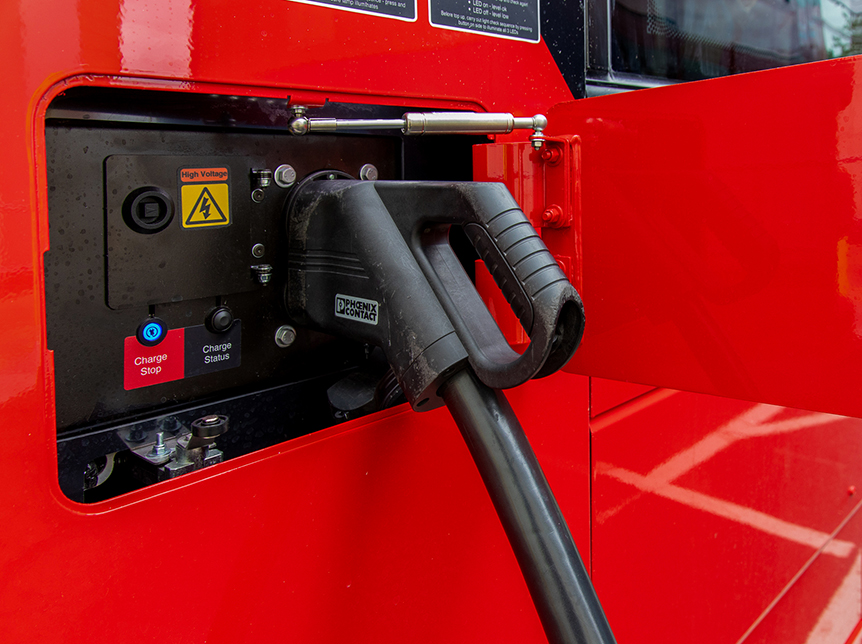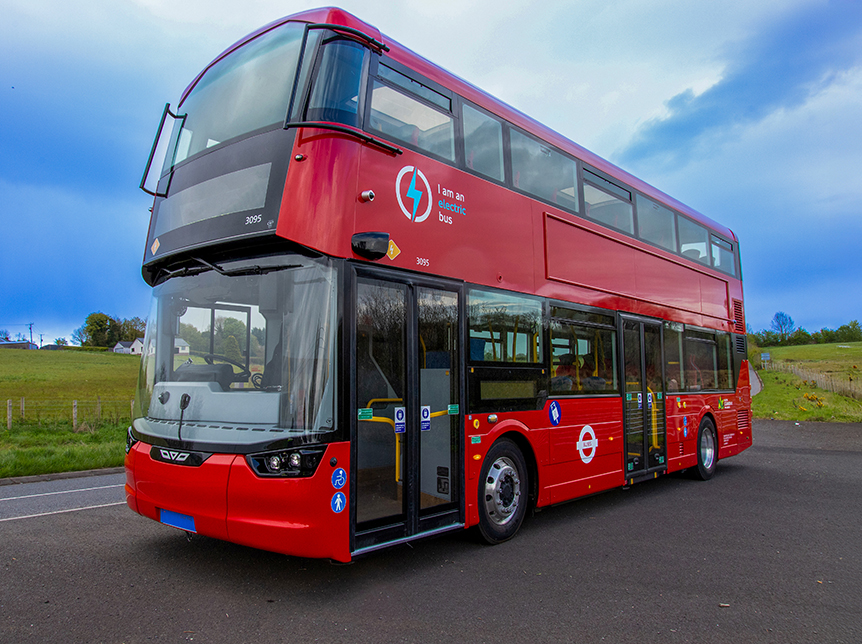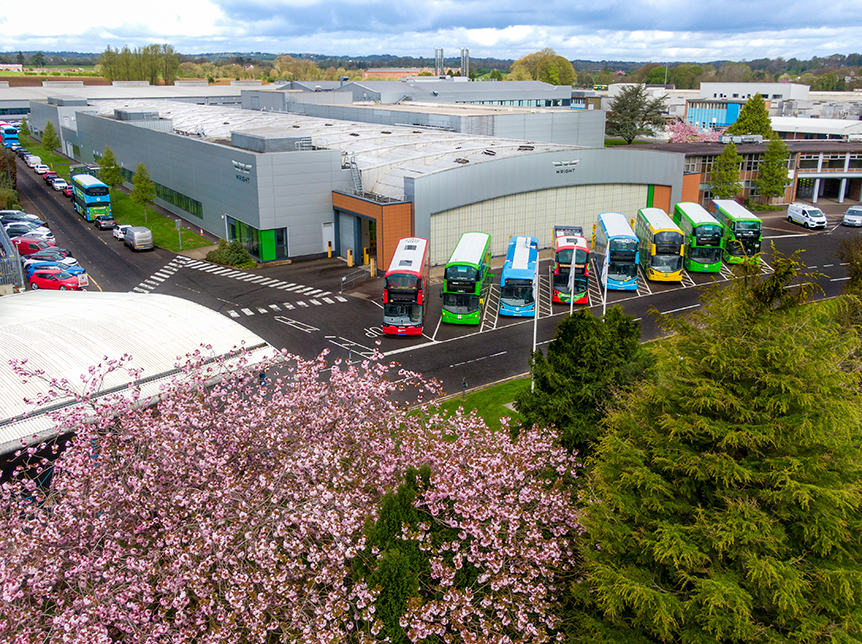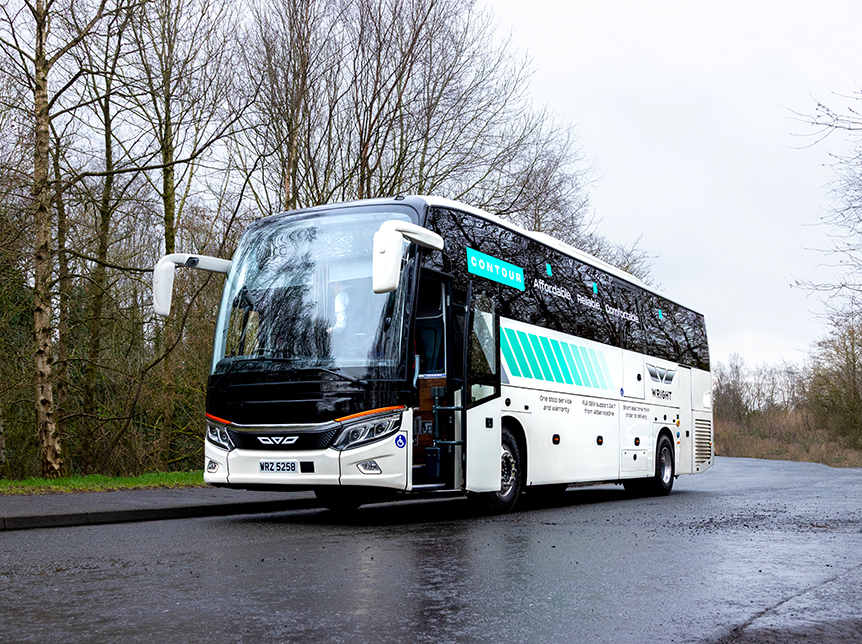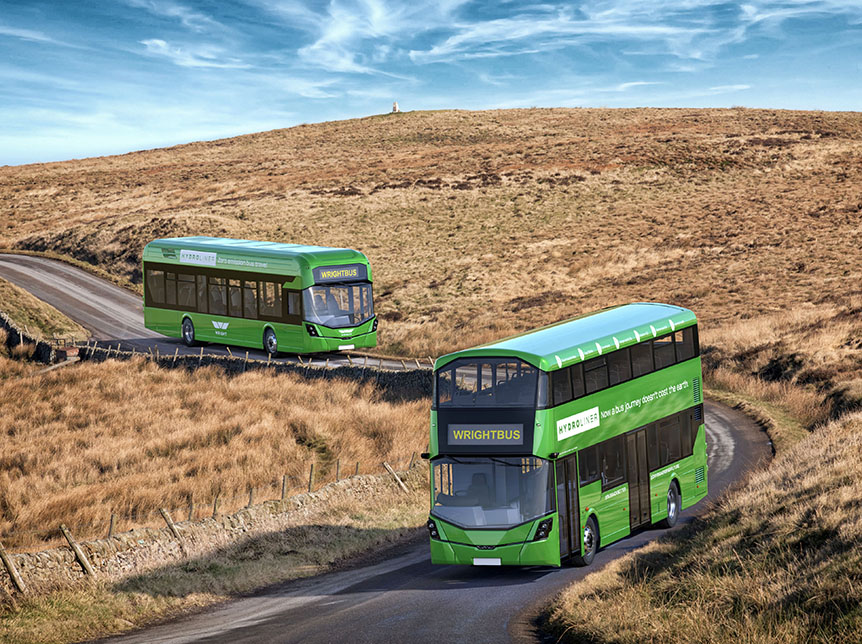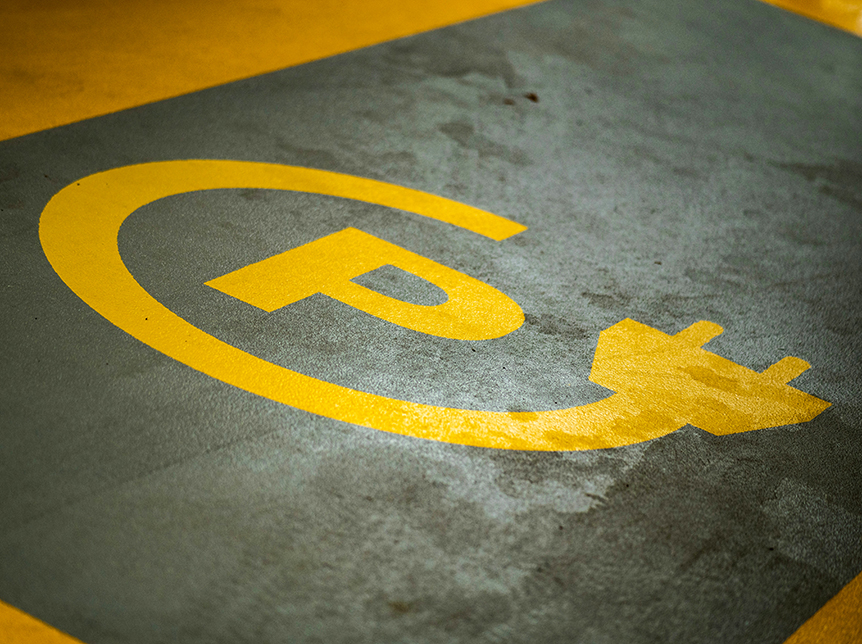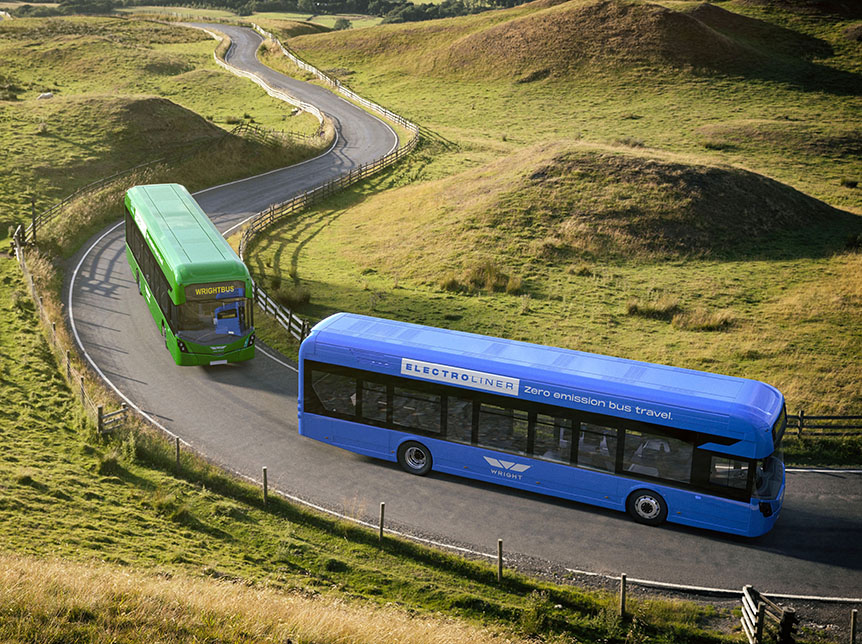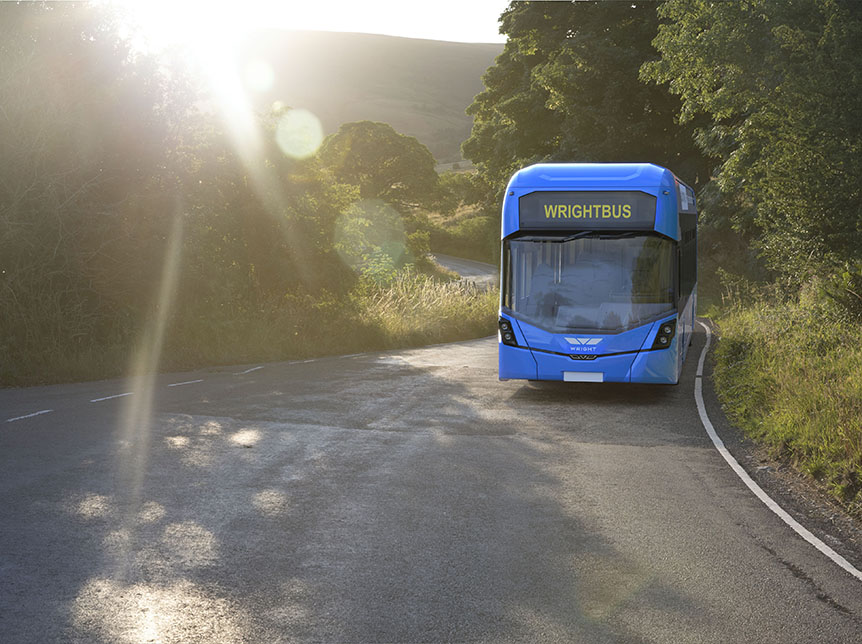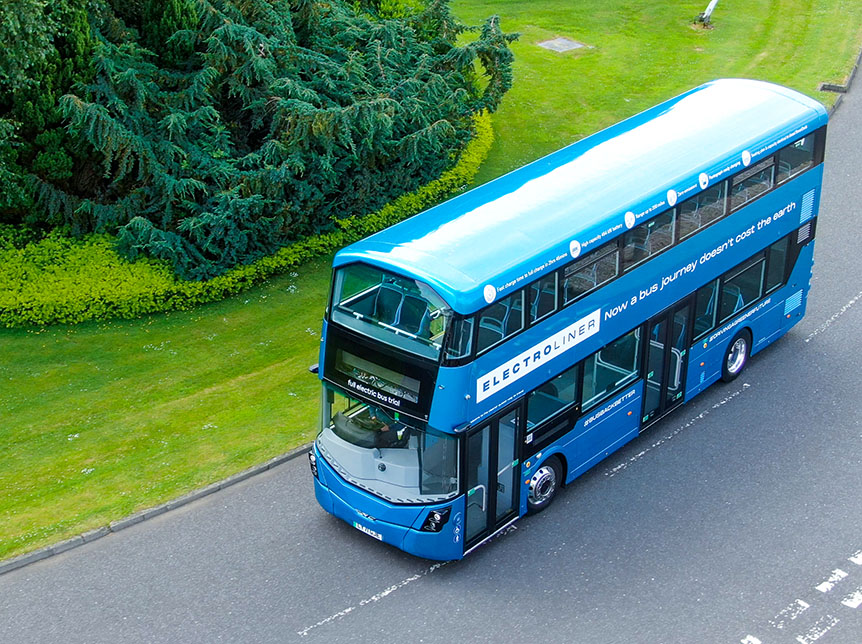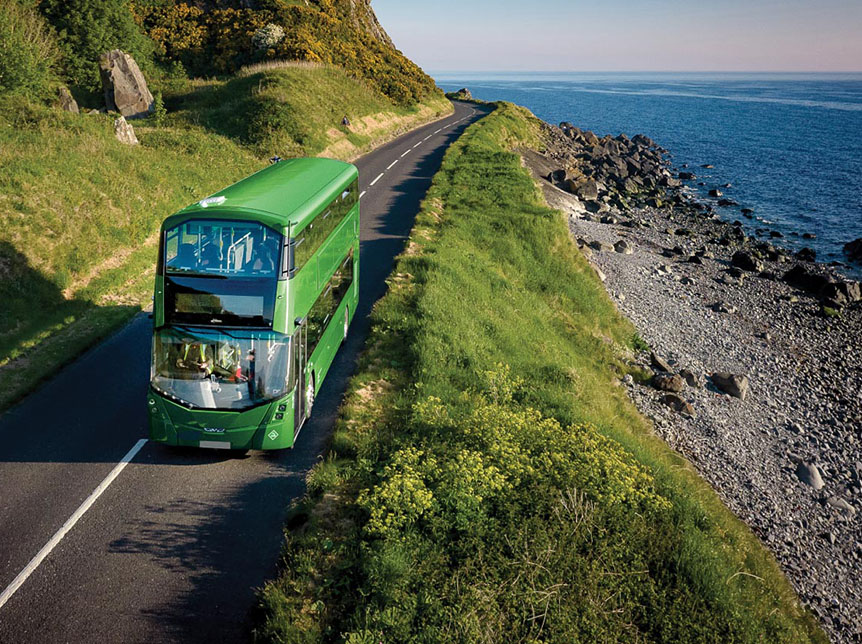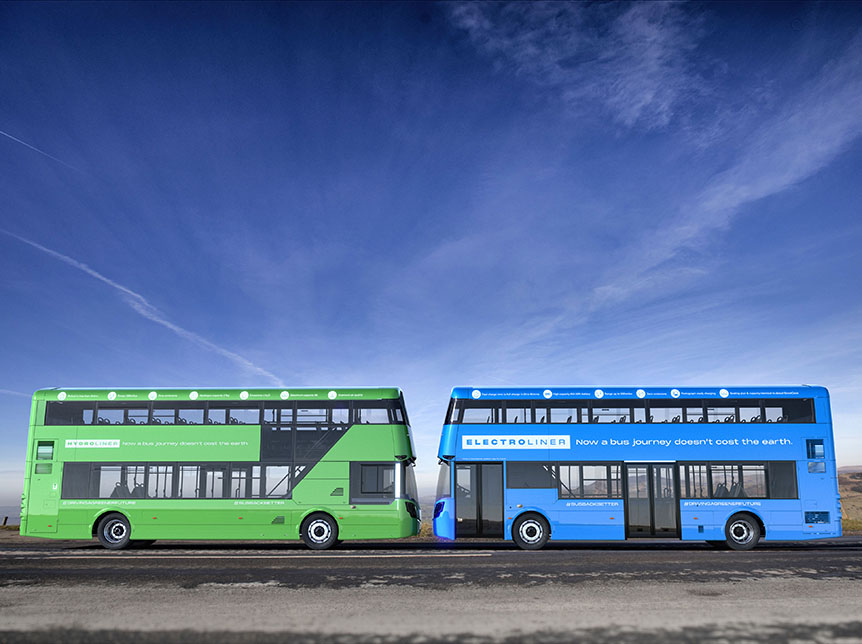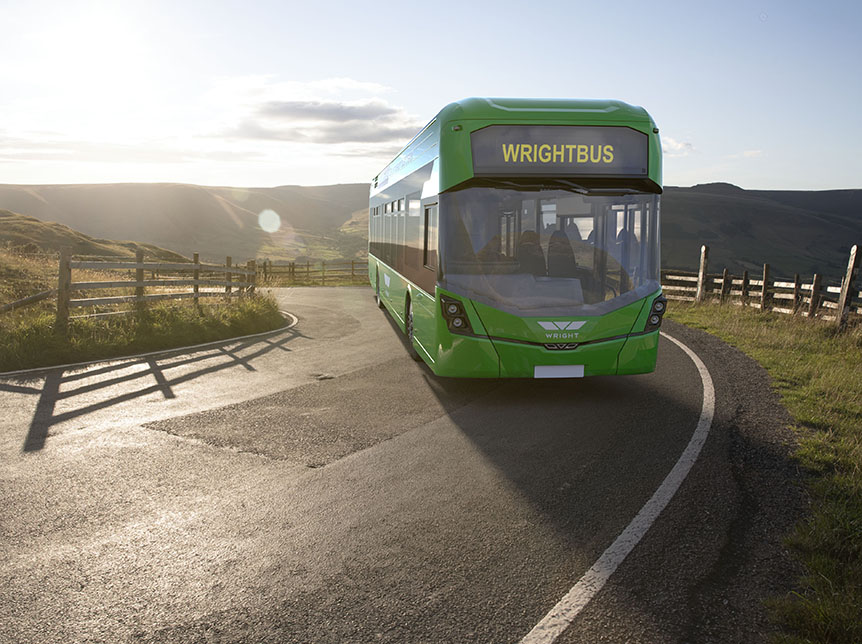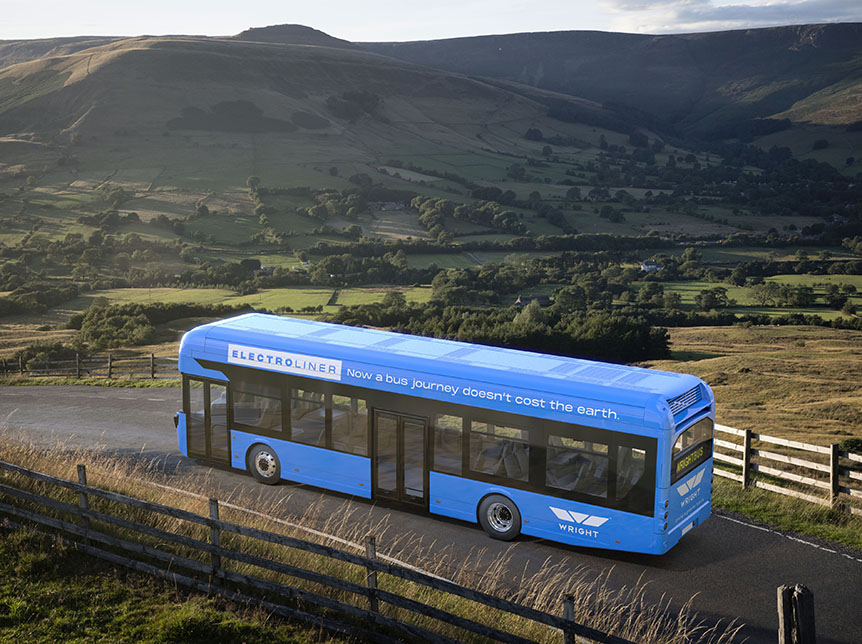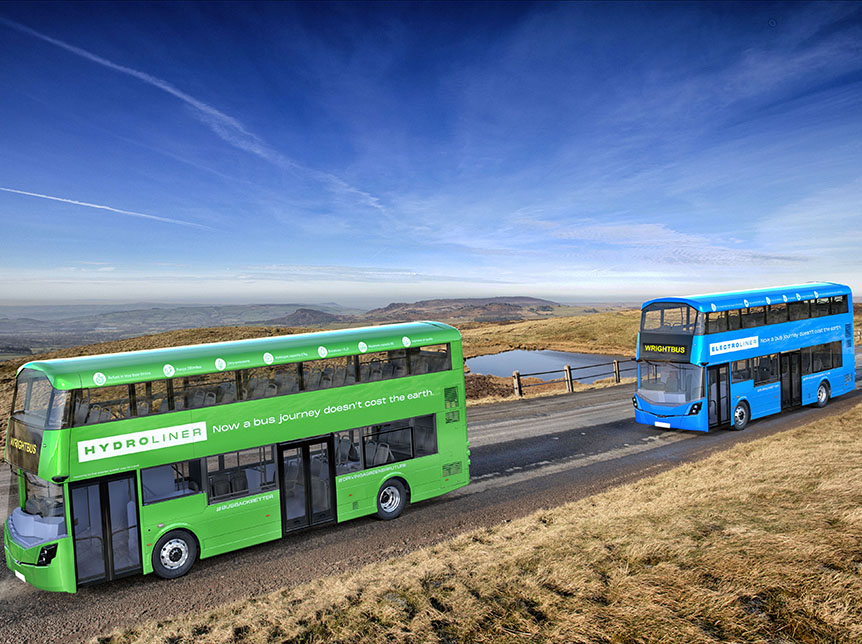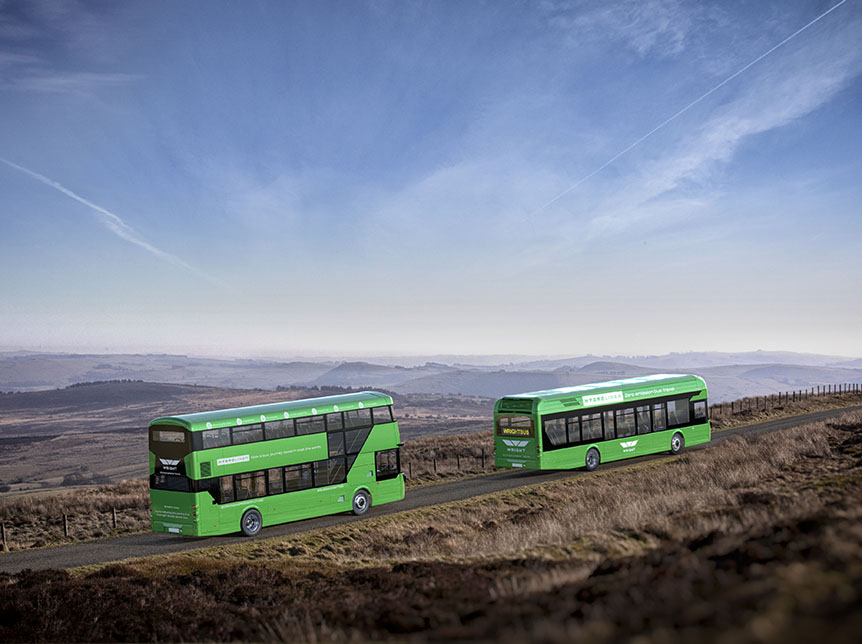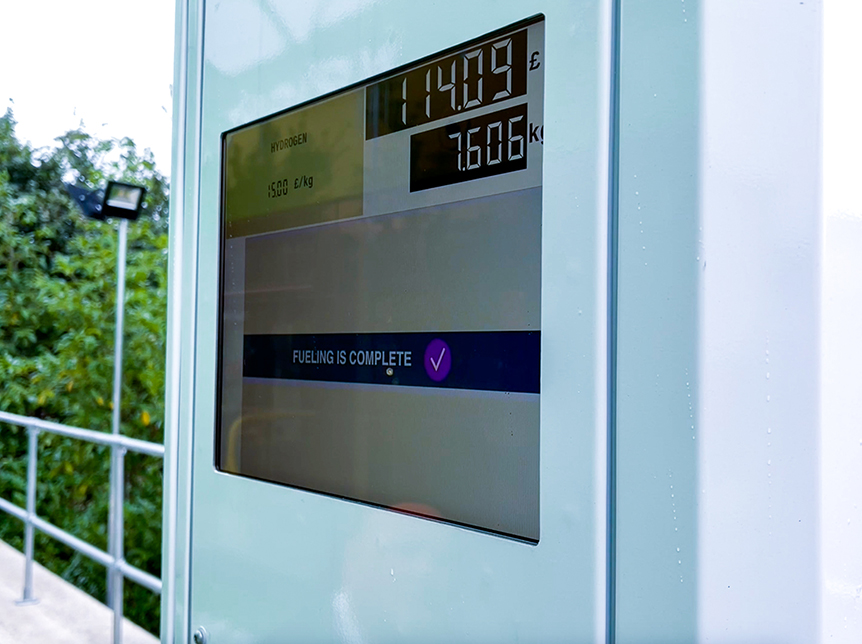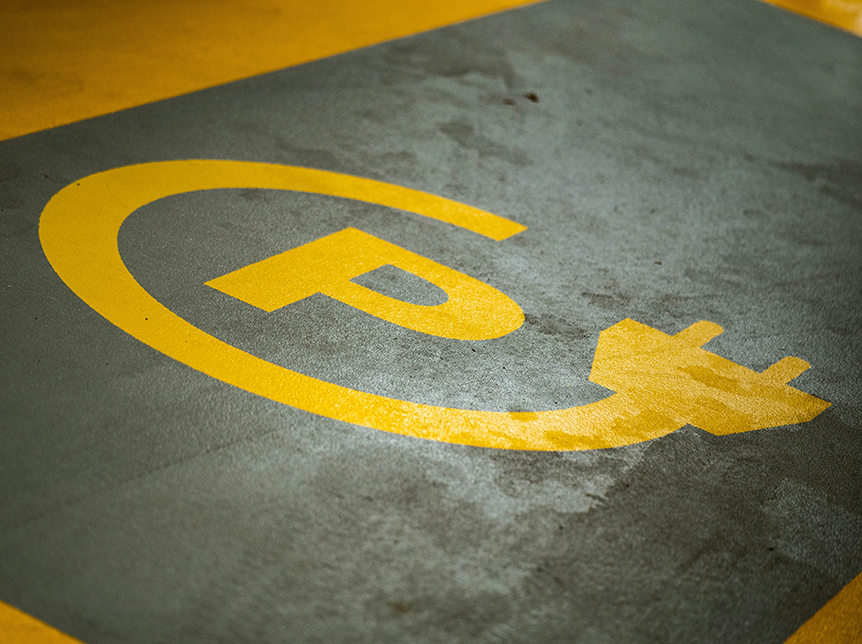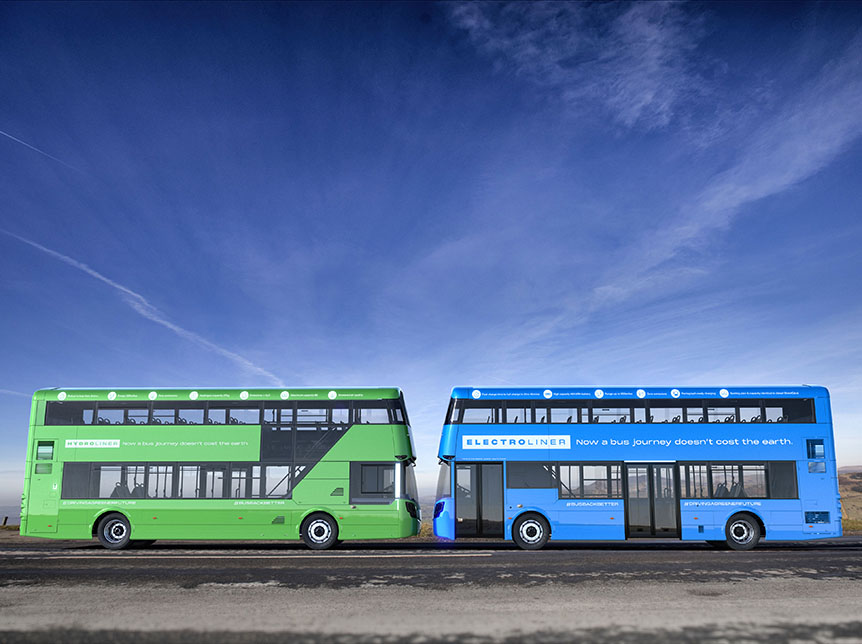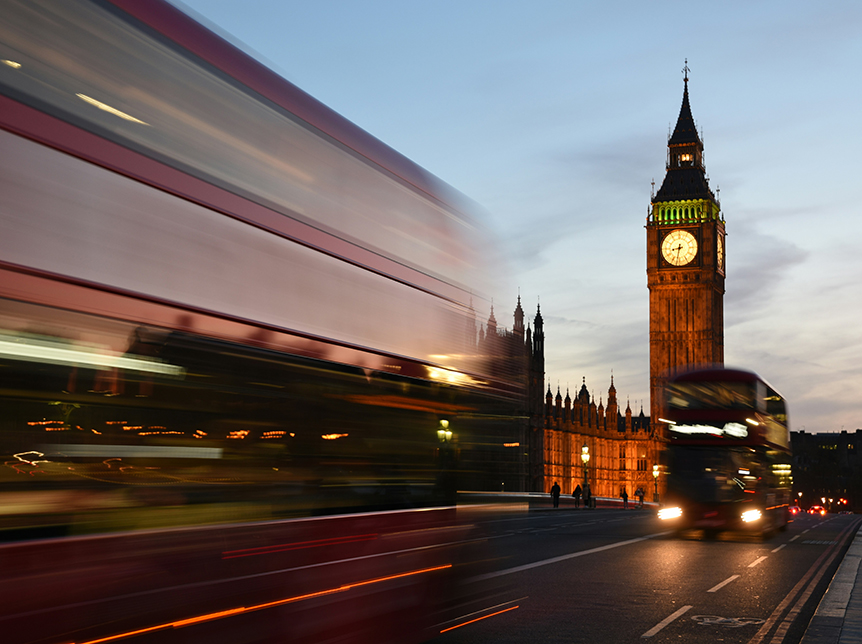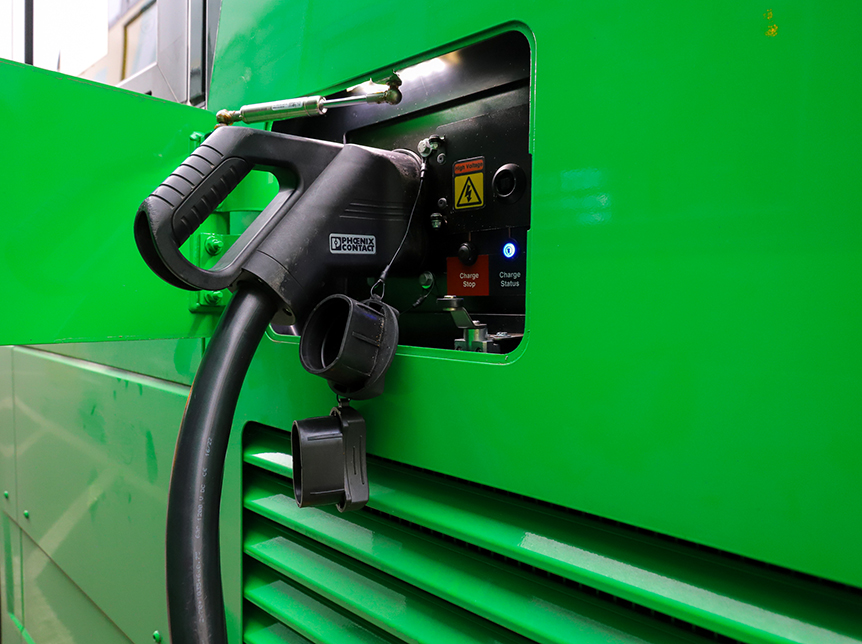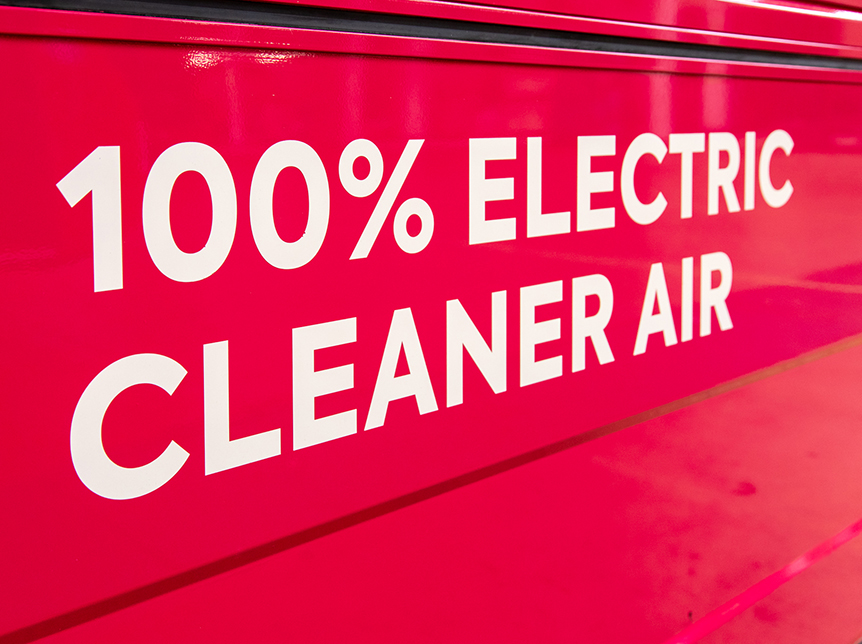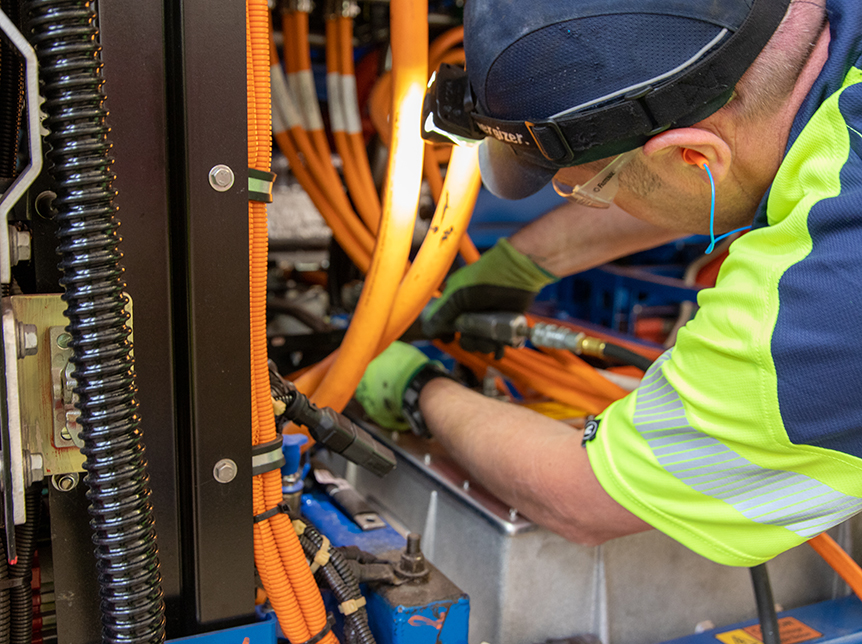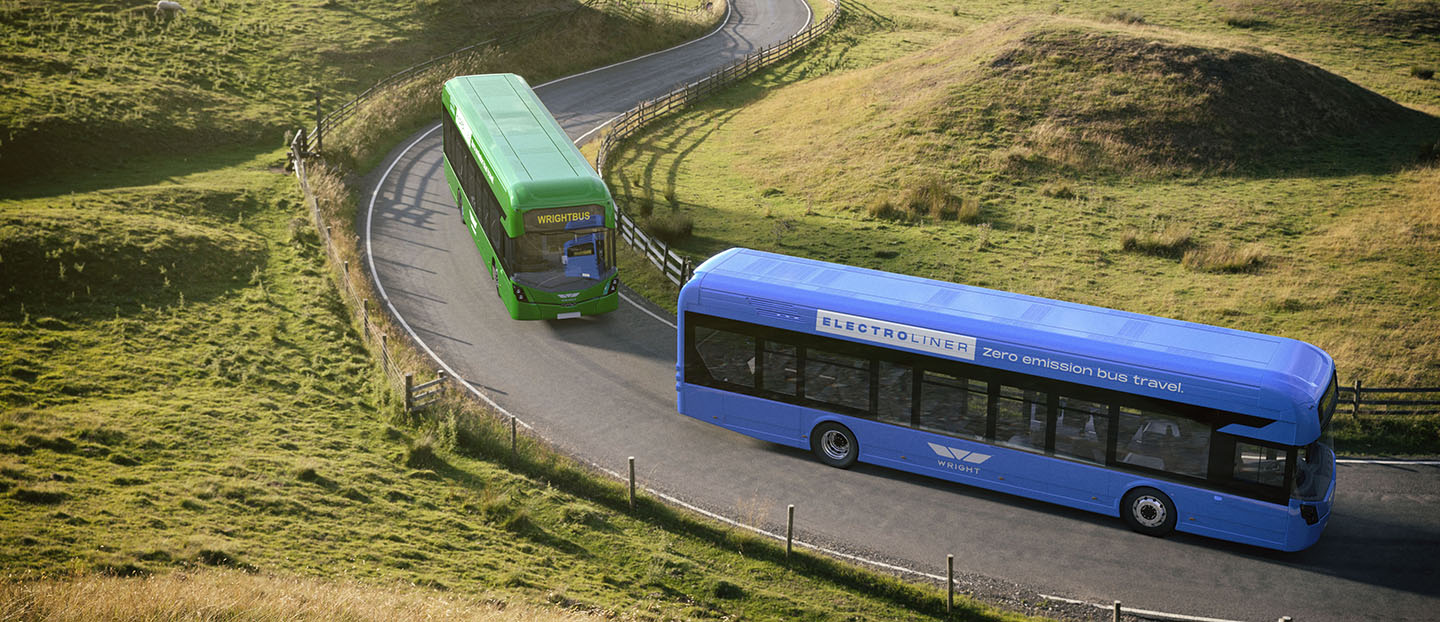
Single deck buses have long been the workhorses of urban transit systems, providing efficient and reliable transportation for millions of people every day. Meanwhile, the emergence of zero emission vehicles is revolutionizing the way we think about sustainable transportation. Let's explore the significance of single deck buses and the promise of zero emission vehicles in shaping the future of urban mobility.
The Role of Single Deck Buses
Single deck buses are a familiar sight on city streets around the world, offering essential transportation services to urban residents and commuters. These buses are characterized by their compact design and single-level seating arrangement, making them well-suited for navigating narrow streets and congested urban areas.
One of the primary advantages of single deck buses is their versatility. These vehicles come in various sizes and configurations, allowing transit agencies to tailor their fleets to meet specific route demands and passenger needs. From local shuttles to express routes, single deck buses provide flexible and accessible transportation options for communities of all sizes.
Single deck buses also play a crucial role in promoting sustainable urban transportation. While not as spacious as their double deck counterparts, single deck buses are more maneuverable and fuel-efficient, making them ideal for operating on shorter, more frequent routes within urban centers. By replacing private cars and reducing traffic congestion, single deck buses help minimize emissions and improve air quality in cities.
The Promise of Zero Emission Vehicles
Zero emission vehicles (ZEVs) represent the next frontier in sustainable transportation, offering a clean and environmentally friendly alternative to traditional gasoline and diesel-powered vehicles. These vehicles produce no tailpipe emissions during operation, making them an attractive option for cities striving to reduce air pollution and combat climate change.
Electric buses are one example of zero emission vehicles that are gaining traction in urban transit systems worldwide. These buses are powered by electric motors and rechargeable batteries, offering a quiet and efficient mode of transportation for passengers while eliminating harmful emissions associated with traditional combustion engines.
Another promising category of zero emission vehicles is hydrogen fuel cell vehicles. These vehicles use hydrogen gas as a fuel source, which is converted into electricity through a chemical reaction with oxygen in a fuel cell stack. The only byproduct of this process is water vapor, making hydrogen fuel cell vehicles an environmentally friendly option for transportation.
Advantages and Challenges
Both single deck buses and zero emission vehicles offer numerous advantages in terms of efficiency, sustainability, and passenger comfort. Single deck buses provide essential transportation services to urban communities, offering flexibility, accessibility, and reliability. Meanwhile, zero emission vehicles represent the future of transportation, offering a clean and sustainable alternative to conventional vehicles.
However, the widespread adoption of zero emission vehicles faces several challenges, including infrastructure limitations, high upfront costs, and range limitations. Transit agencies and policymakers must work together to address these challenges and accelerate the transition to zero emission transportation solutions.
Conclusion
In conclusion, single deck buses and zero emission vehicles are essential components of a sustainable urban transportation system. Single deck buses provide essential transportation services to urban communities, offering flexibility, accessibility, and reliability. Meanwhile, zero emission vehicles represent the future of transportation, offering a clean and sustainable alternative to conventional vehicles. By embracing these technologies and investing in sustainable transportation infrastructure, cities can create cleaner, healthier, and more livable urban environments for current and future generations.
Read more
Single Decker Electric Buses: Paving the Way for Sustainable Public Transport
Read onThe Double Decker Electric Buses: Revolutionizing Urban Transportation
Read onElectric Buses and Hydrogen Vehicles: Driving the Future of Sustainable Transportation
Read onHybrid Buses: The Future of Sustainable Double Decker Transportation
Read onThe Future of Public Transit: Single Decker Buses and Hydrogen Fuel Cell Vehicles
Read onExploring the Future of Transportation: Battery Electric Vehicles and Double Decker Buses
Read onNavigating Urban Landscapes: The Versatility of Single Deck Buses and Double Deck Buses
Read onLondon's Bendy Bus Legacy and the Innovation of London Electric Vehicle Company
Read onPioneering Zero-Emission Transport: The Rise of Electric Bus Companies in the UK
Read onEmbracing Tomorrow's Roads: Zero-Emission vs. Battery Electric Vehicles
Read onThe Perfect Blend: Exploring Hybrid Electric Vehicles and the Role of Coach Builders
Read on
Get in touch
Wrightbus has been at the forefront of transport innovation since 1946, relentlessly pushing the boundaries with its commitment to quality, style and safety.
